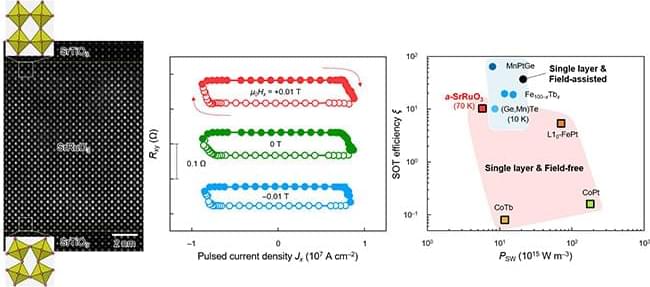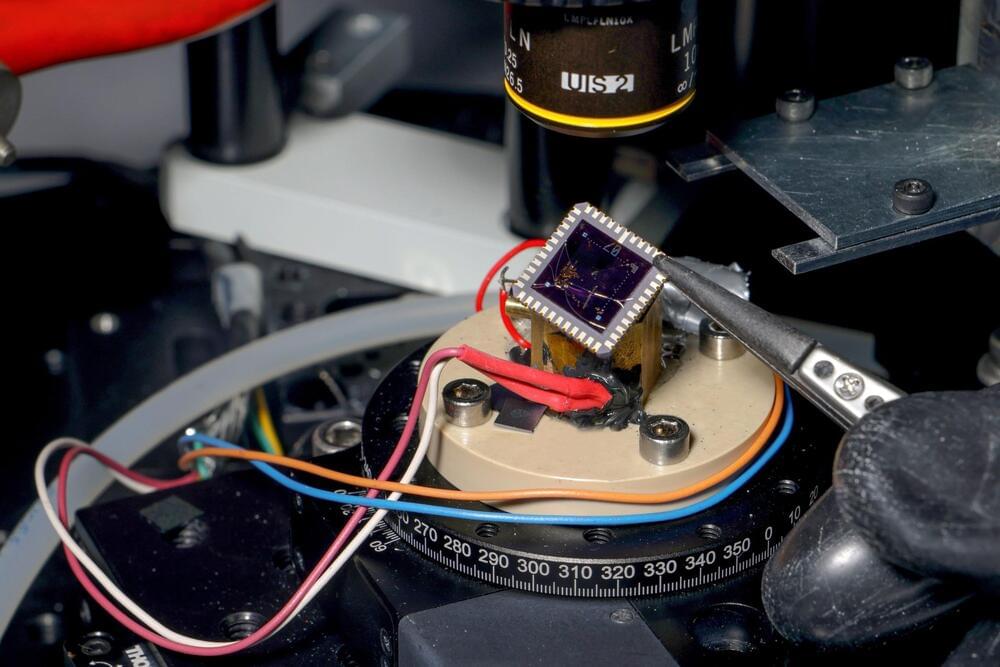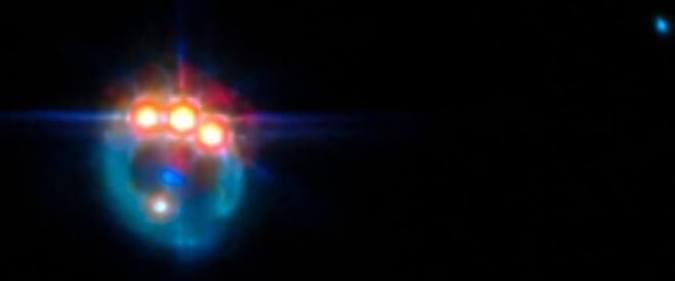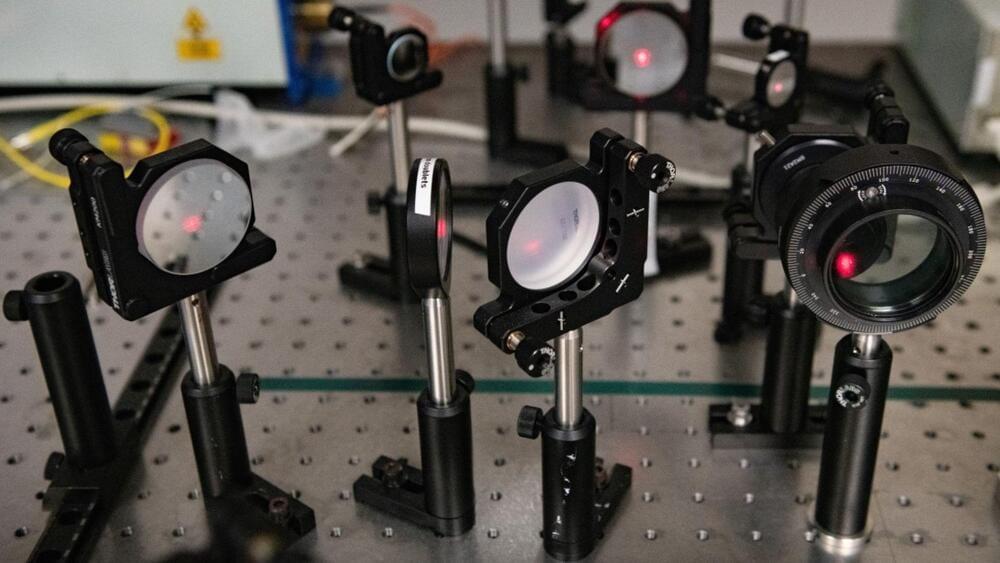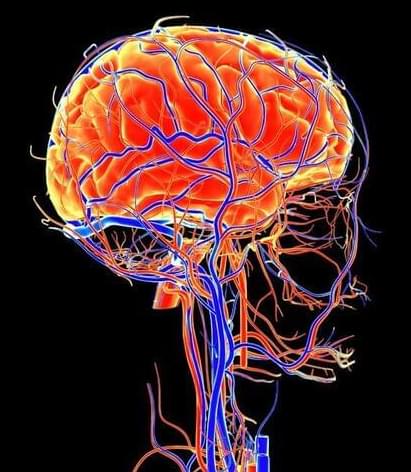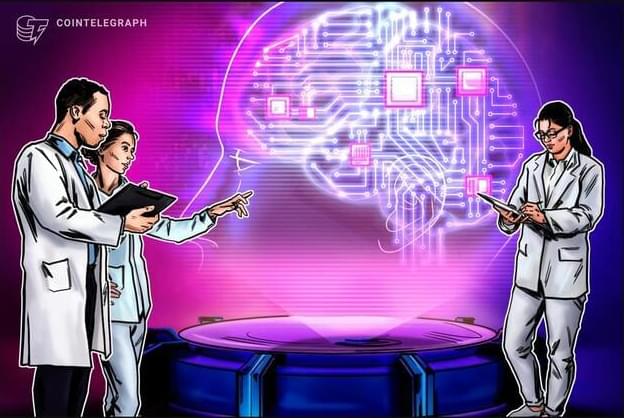Jul 11, 2024
Astronomers find the largest water reservoir in the universe
Posted by Genevieve Klien in category: cosmology
Astronomers have identified the largest and most distant water reservoir ever detected in the universe. This immense collection of water, equivalent to 140 trillion times the water in Earth’s oceans, surrounds a quasar over 12 billion light-years away.
“The environment around this quasar is very unique in that it’s producing this huge mass of water,” stated Matt Bradford from NASA’s Jet Propulsion Laborator y. “It’s another demonstration that water is pervasive throughout the universe, even at the very earliest times.” Bradford leads one of the teams behind this groundbreaking discovery. Their research, partially funded by NASA, appears in the Astrophysical Journal Letters.
Quasars are powered by enormous black holes that consume surrounding gas and dust, emitting vast amounts of energy. The quasar in question, APM 08279+5255, harbors a black hole 20 billion times more massive than the sun and produces energy equivalent to a thousand trillion suns.

